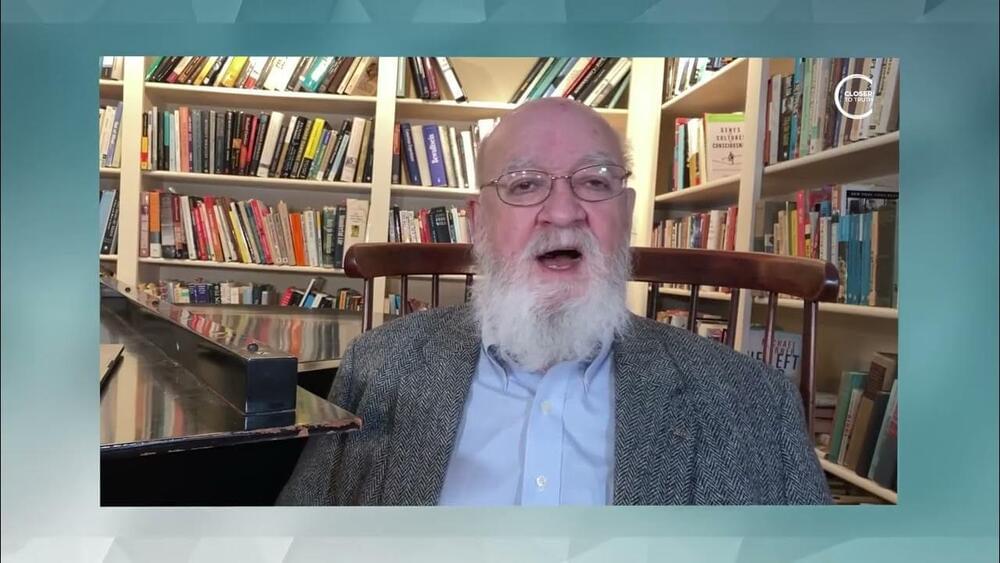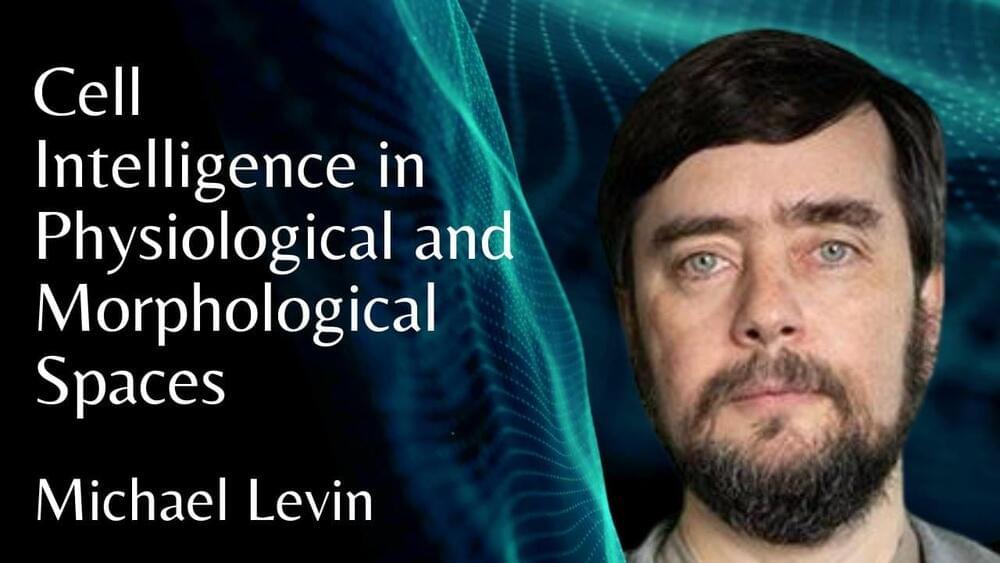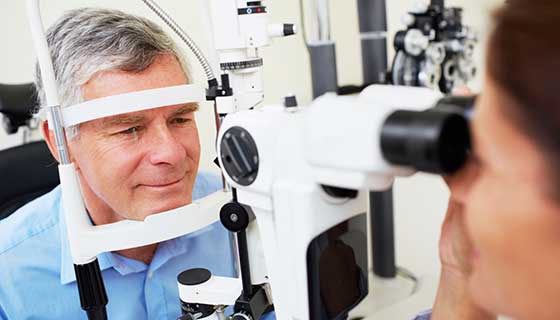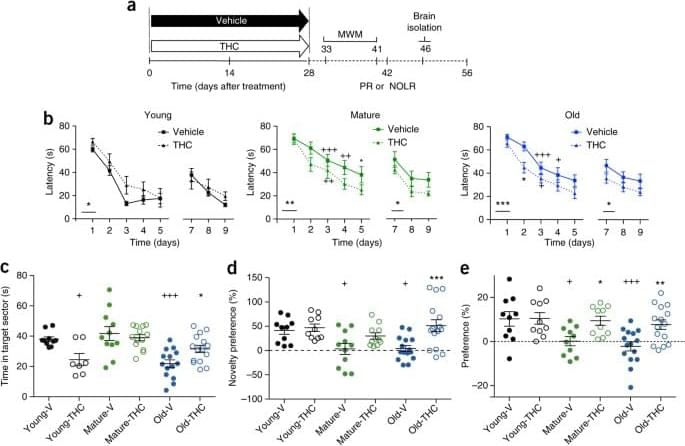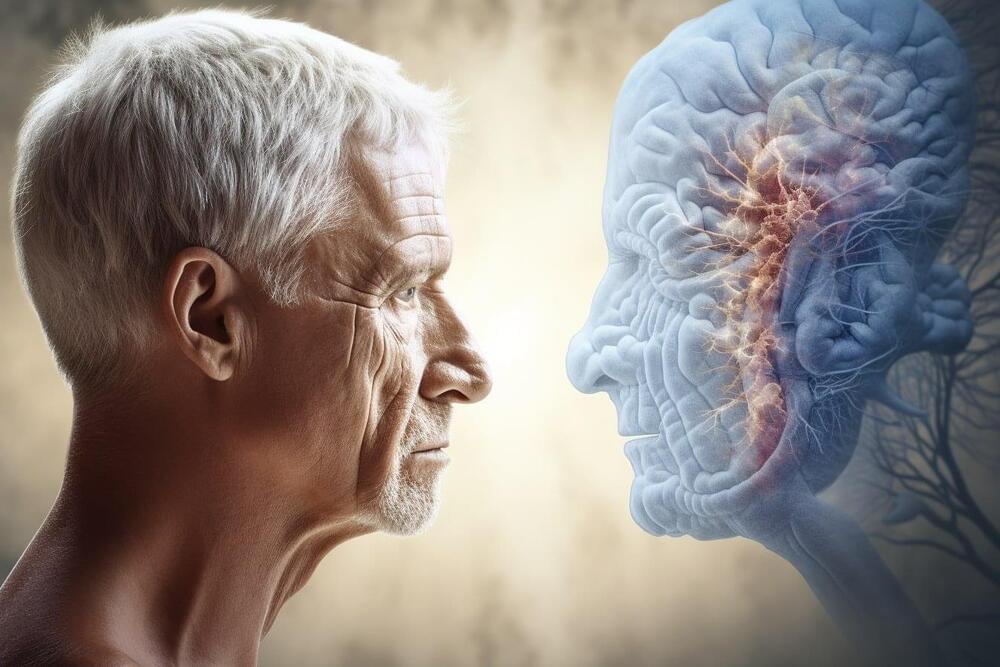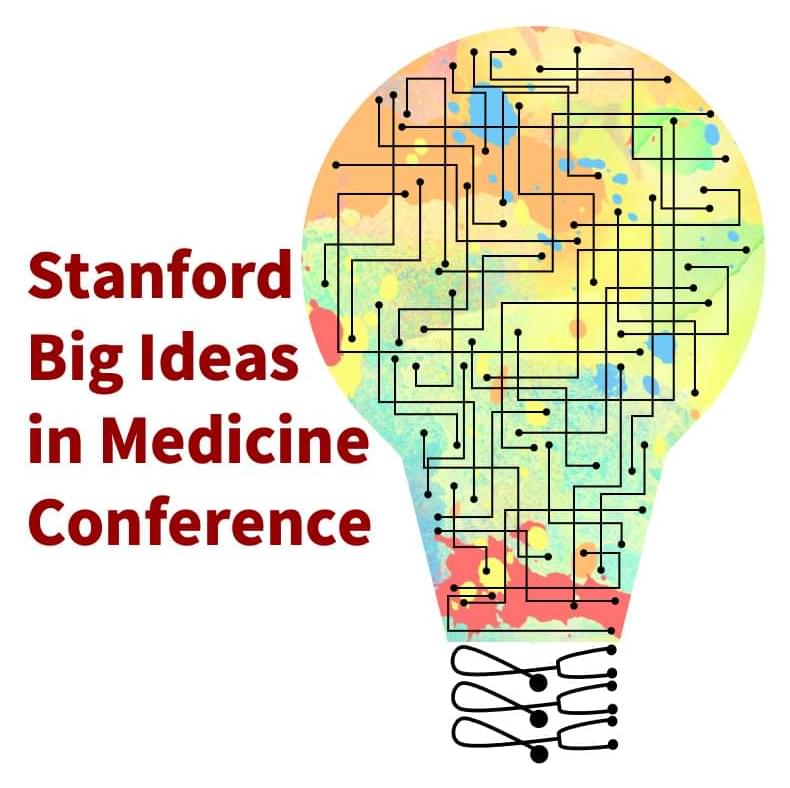Aug 12, 2023
Daniel Dennett on Consciousness, Virtual Immortality, and Panpsychism | Closer To Truth Chats
Posted by Dan Breeden in categories: biological, life extension, robotics/AI
Daniel Dennett discusses the nature of consciousness, if consciousness is an illusion, artificial intelligence and virtual immortality, and how he covers all of this in his book, Just Deserts: Debating Free Will, co-authored with Gregg D. Caruso.
Just Deserts: Debating Free Will https://www.amazon.com/Just-Deserts-Debating-Free-Will/dp/15…atfound-20
Read an excerpt https://www.closertotruth.com/articles/book-excerpt-just-deserts.

